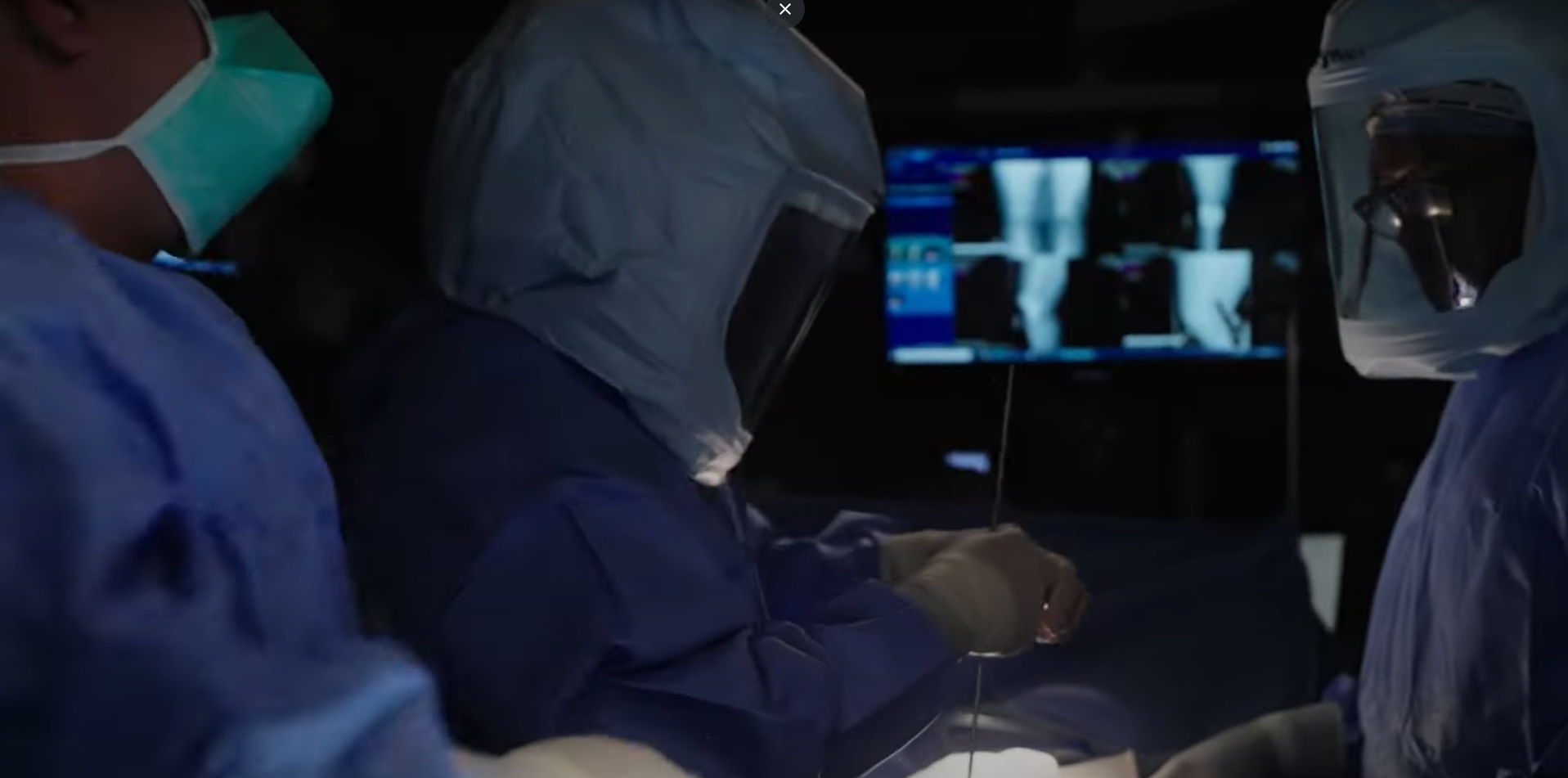

Why do we get shoulder pain?
Shoulder pain and other issues can develop from everyday wear and tear, aging, overuse, or an injury.
The shoulder is a ball and socket joint and every time we move our arms, our shoulder joints move too. Our shoulders joints are made up of bones, tendons, and ligaments. When any of these parts get damaged, they can cause shoulder pain. The shoulder joint has the greatest range of motion of any joint in the body. Because of this it can be easily injured. These injuries can range from minor to serious.
Symptoms of shoulder injury or damage include:
-
- pain
- swelling
- numbness
- tingling
- weakness
- changes in temperature or color of the affected area
- and changes to your range of motion
What are common shoulder injuries?
Shoulder issues are often caused by physical activity or injury, work related tasks, home projects, or falls.
Injuries are the most common cause of shoulder pain. Shoulder injuries can cause sudden and severe pain.
The most common shoulder injuries include: pulled muscles, torn tendons or ligaments, broken bones, dislocation, bursitis, tendonitis, and impingement.


How can I treat my shoulder pain?
There are a variety of options for treating shoulder injuries. Your treatment depends on the type of injury, when the injury occurred, lifestyle, other health conditions, and age.
You can treat the occasional minor aches and pains at home with ice, heat, over-the-counter pain-relieving pills, and topical pain relievers like creams, gels sprays, and patches.
Other pain may require treatment from a doctor, therapy, or surgery.
Surgical treatment options
Some of the surgical treatments our Orthopedic surgeons offer include:
- Rotator Cuff Repair
- Total Shoulder Replacement
- Reverse Total Shoulder Replacement
- Partial Shoulder Replacement
Non-Surgical treatments options
At Sky Lakes we offer a variety of non-surgical treatments for your shoulder pain wherever you are in your treatment plan.
- Medication
- Pain-relieving injections
- Physical or Occupational Therapy
- Exercise plans and programs
- Nutrition guidance
You should seek a consultation with your doctor or a surgeon if…
-
- You have radiating shoulder pain
- Are losing sleep due to pain
- Experiencing weakness in the affected arm
- Pain all the time, even when not using the arm
- Can no longer lift objects or reach with your arms with your previous capabilities



